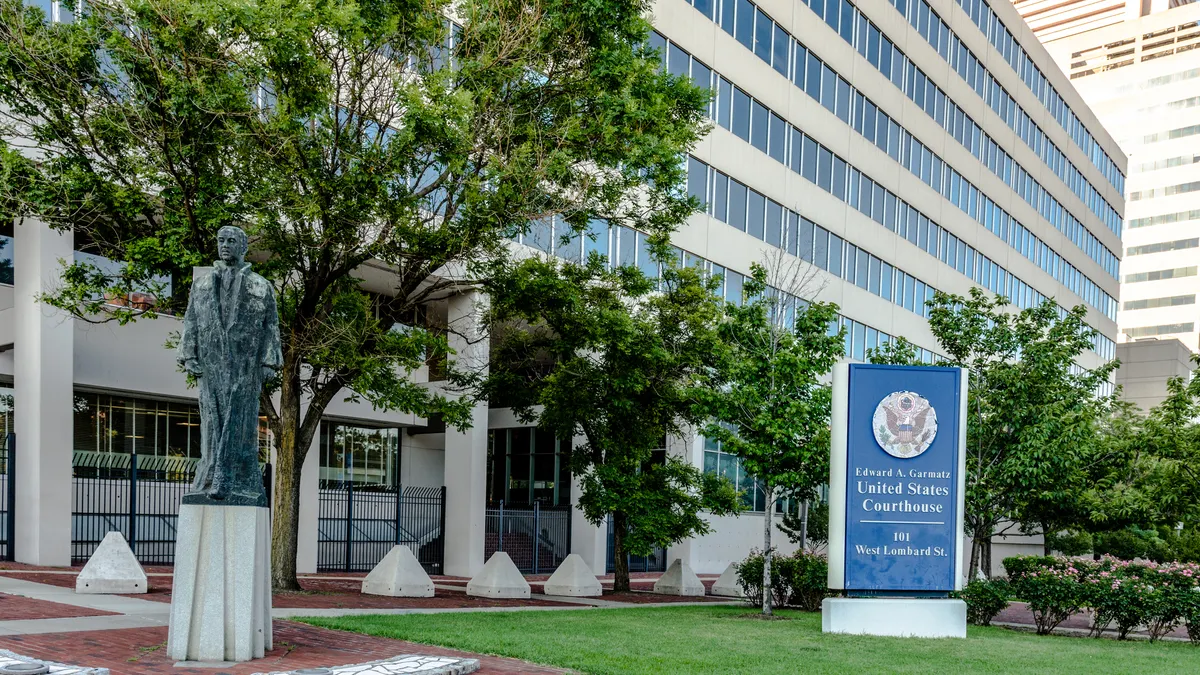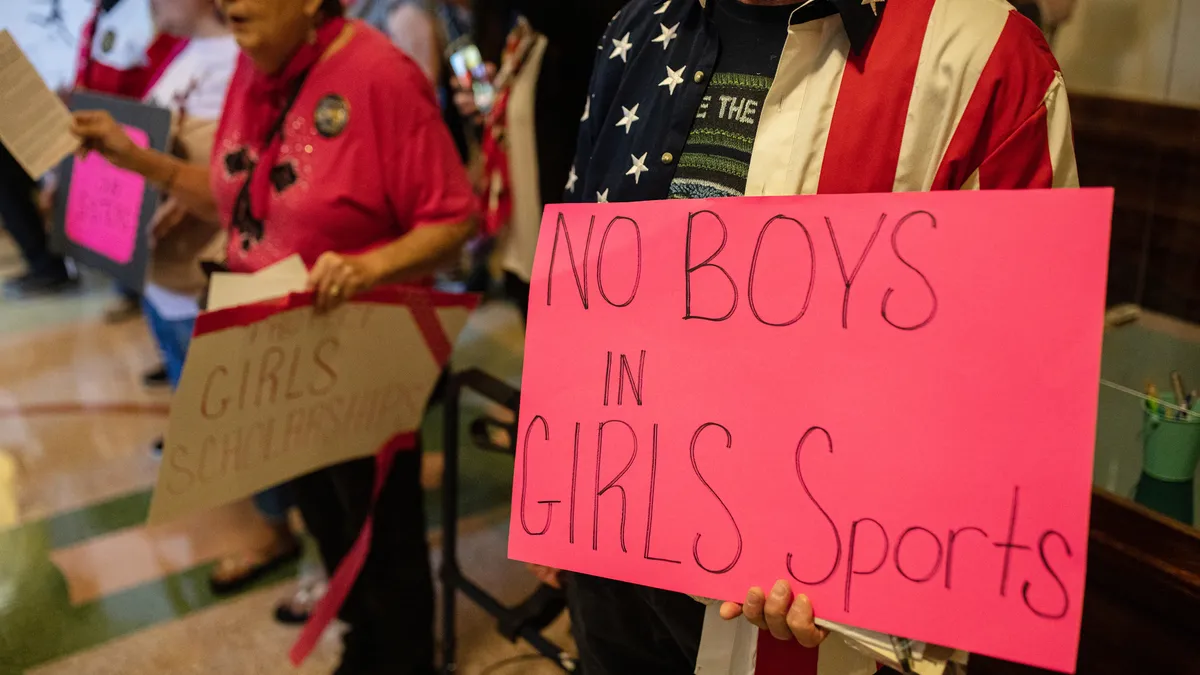A federal judge blocked two U.S. Department of Education actions attempting to restrict diversity, equity and inclusion in schools on Thursday.
The decision undoes a February "Dear Colleague" letter that threatened to withhold federal funding to schools that didn't eliminate race-based programming, as well as a subsequent letter requiring school districts to certify that they do not incorporate DEI in their schools.
In her 76-page opinion, Judge Stephanie Gallagher of U.S. District Court for Maryland ruled that the administration violated decision-making procedures under the Administrative Procedure Act — a move that violated the constitutional rights of plaintiffs, who are led by the American Federation of Teachers.
Gallagher, a Trump-appointed judge, took no stance, however, on the content of the Education Department's directives themselves.
"Still here, this Court takes no view as to whether the policies at issue in this case are good or bad, prudent or foolish, fair or unfair," she said. "But, at this stage too, it must closely scrutinize whether the government went about creating and implementing them in the manner the law requires. Here, it did not."
The administration's anti-DEI measures were already on pause as a result of this court case and at least two other separate but similar federal court cases pending in Washington, D.C., and New Hampshire. Those cases also challenged the Education Department's anti-DEI policy.
As a result of previous court action pausing the measures, the department had already withdrawn its certification requirement.
However, in an email to chief state school officers in April retracting the certification requirement, the department said, "Please be advised that the Court Order does not preclude the U.S. Department of Education from initiating any enforcement actions that it may otherwise pursue under Title VI of the Civil Rights Act and its implementing regulations."
Title VI bars discrimination based on race, color or national origin in federally funded programs — and has in the past been used especially to protect historically marginalized students from such bias. However, since President Donald Trump reentered the White House, the Education Department has invoked the civil rights statute to protect Asian and White students. The Trump administration's anti-DEI efforts are a core part of that interpretation.
The Education Department echoed its earlier sentiments in a reaction to Thursday's ruling.
“While the Department is disappointed in the judge’s ruling, judicial action enjoining or setting aside this guidance has not stopped our ability to enforce Title VI protections for students at an unprecedented level," said the department in an email to K-12 Dive on Friday. "The Department remains committed to its responsibility to uphold students’ anti-discrimination protections under the law.”
However, some public school educators and advocates say the measures would harm decades of equity work meant to level the playing field for Black and brown students. Moreover, the directives would create an environment of fear that impacts other underserved students such as students with disabilities, they say
“Our district works hard to ensure that every student feels included through thoughtful curriculum and programs," said Eugene School District 4J school board member Jenny Jonak in a statement on Thursday. The Oregon district was a plaintiff in the lawsuit that led to Thursday's court decision.
"Teachers and schools must be able to provide inclusive, comprehensive education without fear of losing critical federal funding. We should never be forced to choose between supporting our students and securing the resources they need and deserve,” Jonak said.
The Trump administration, in its court response to the lawsuit, argued that the certification requirement "fails to rise to the level of final agency action," which would have required the formal rulemaking procedures that the department didn't undergo.
"The Certification requirement merely requests state educational agencies who receive federal funds confirm their compliance with Title VI, which Plaintiffs acknowledge they have been asked to do in the past," the administration said.
However, Gallagher disagreed in her Thursday decision in American Federation of Teachers v. Department of Education.
"The government did not merely remind educators that discrimination is illegal: it initiated a sea change in how the Department of Education regulates educational practices and classroom conduct, causing millions of educators to reasonably fear that their lawful, and even beneficial, speech might cause them or their schools to be punished," she said. "The law does not countenance the government’s hasty and summary treatment of these significant issues."
The department did not respond to a question as to whether it would appeal Gallagher's decision in time for publication Friday.






















